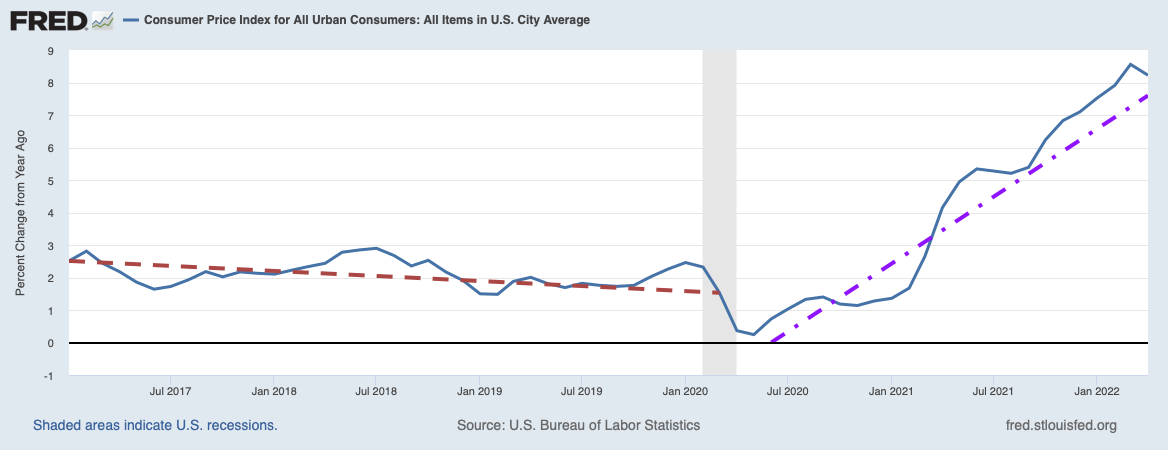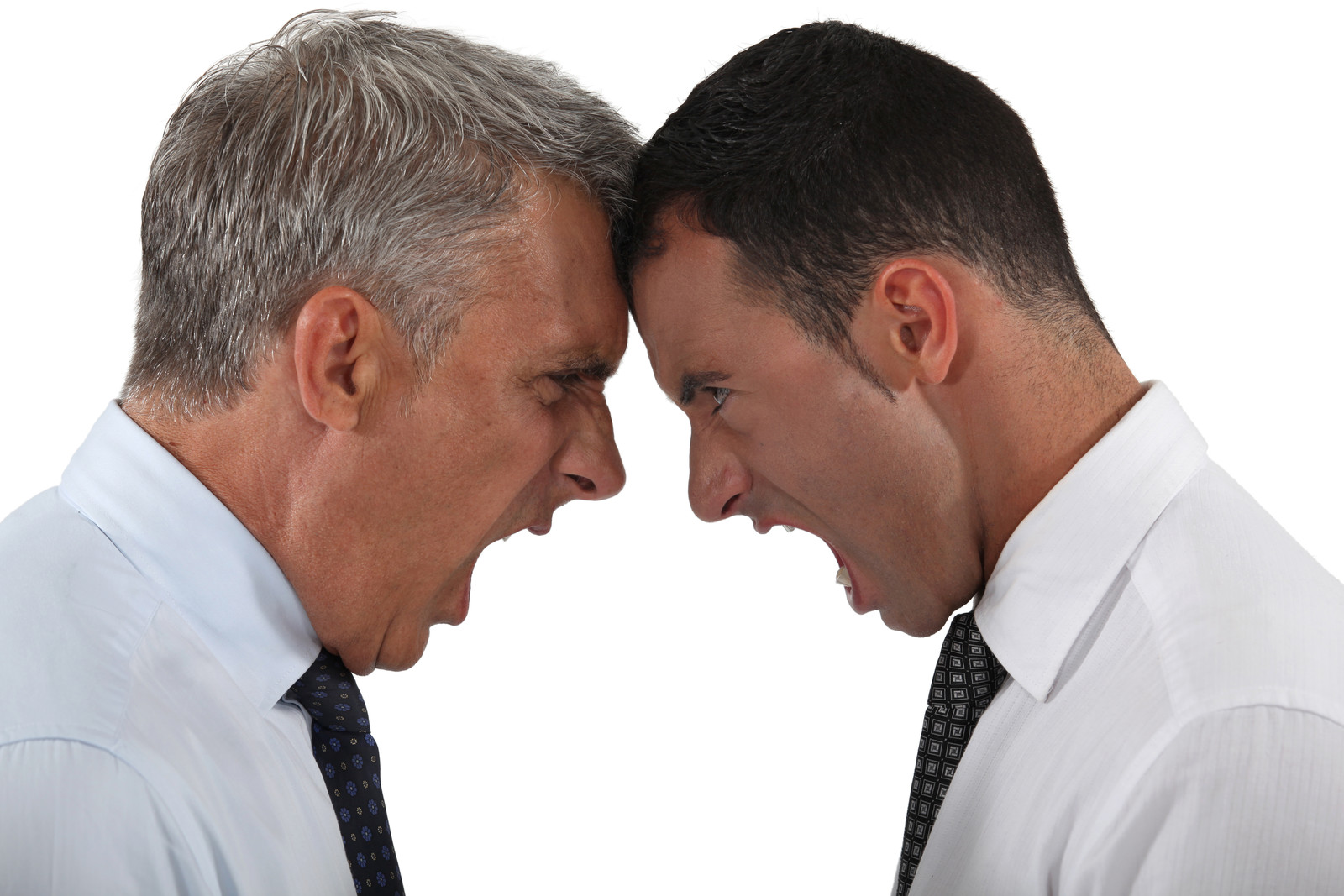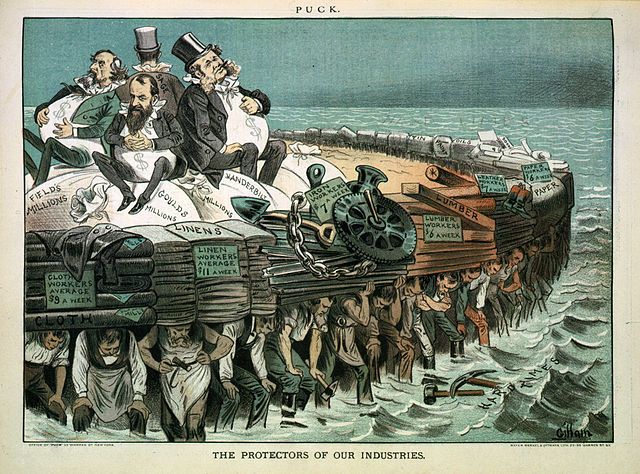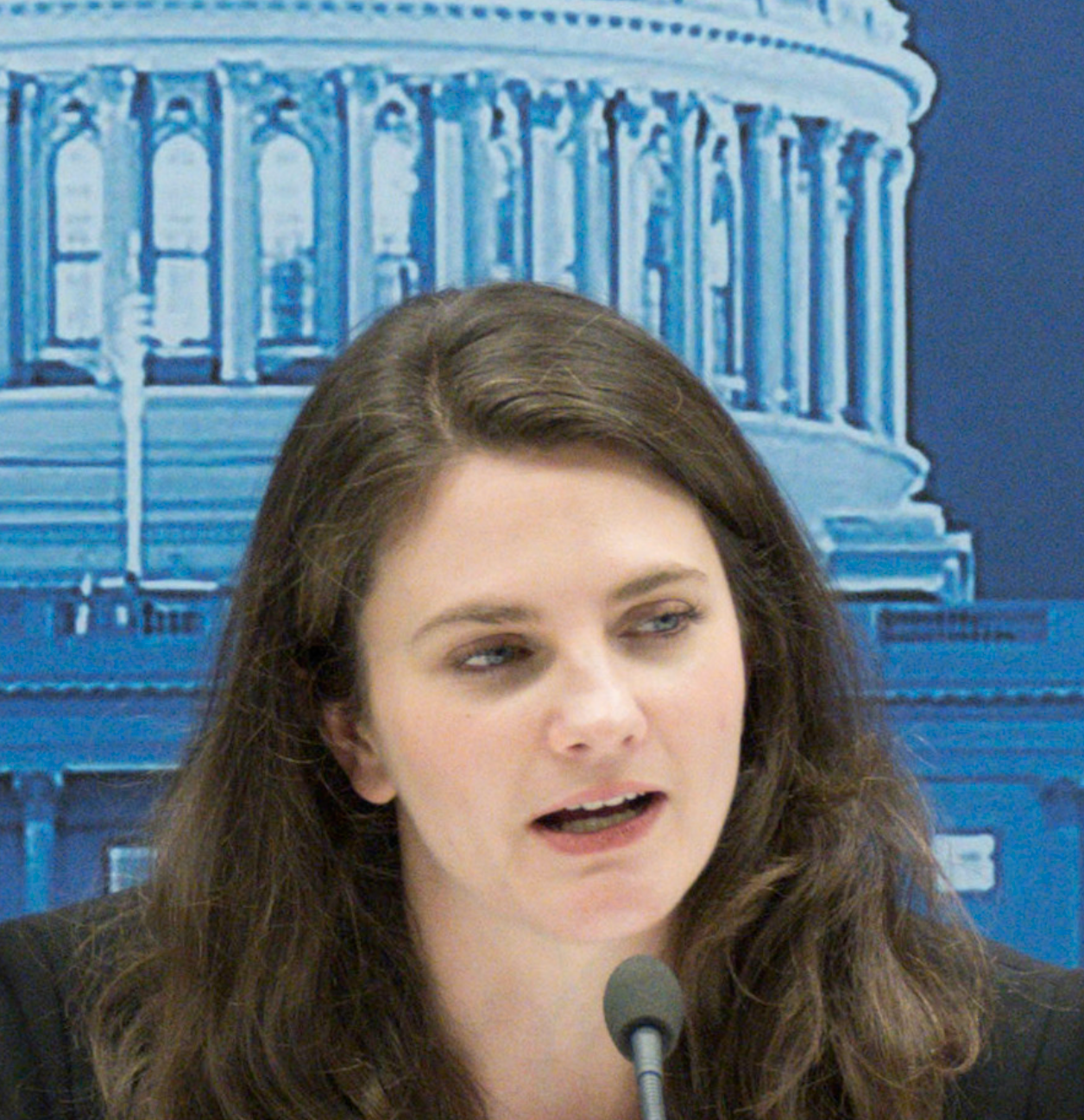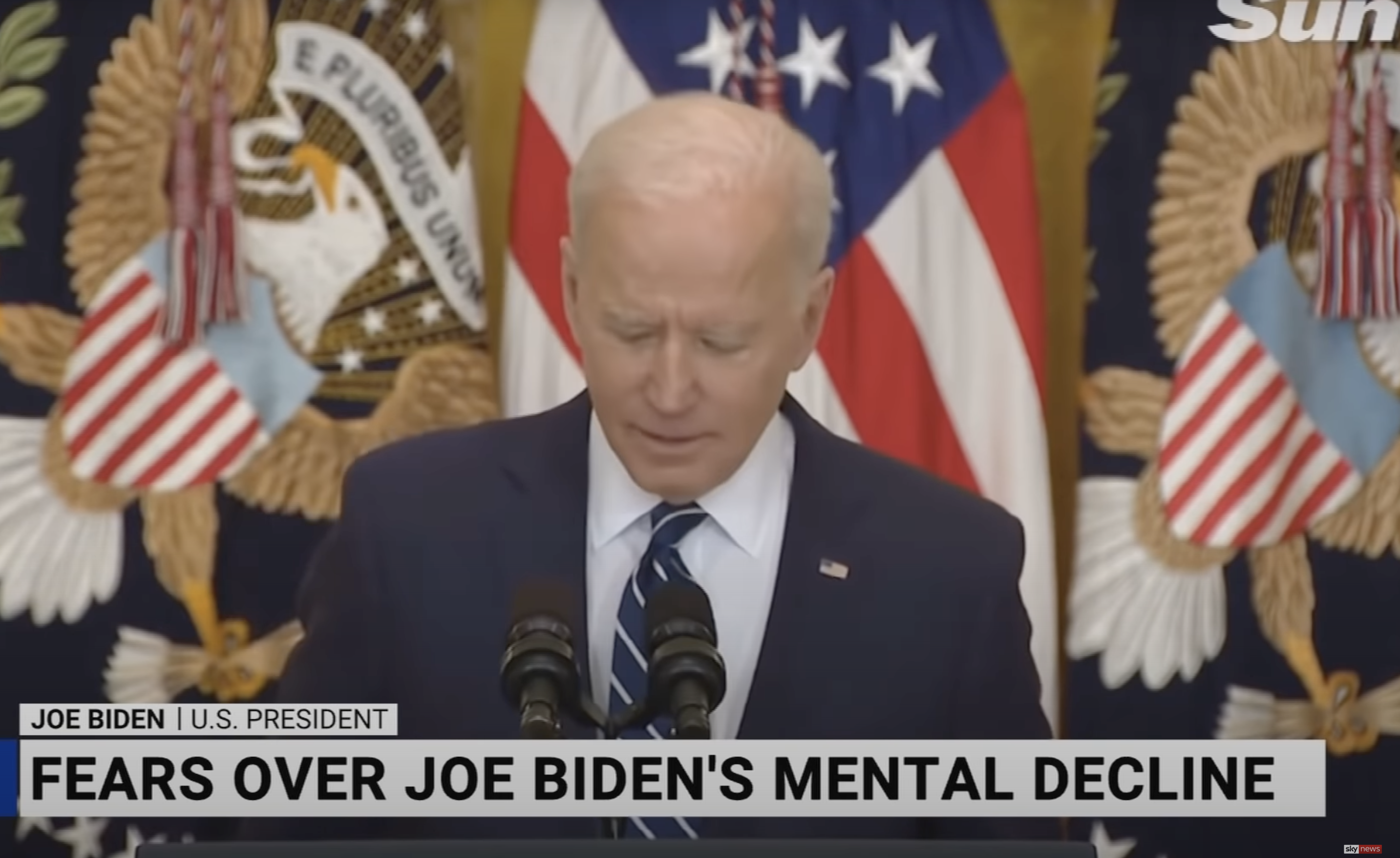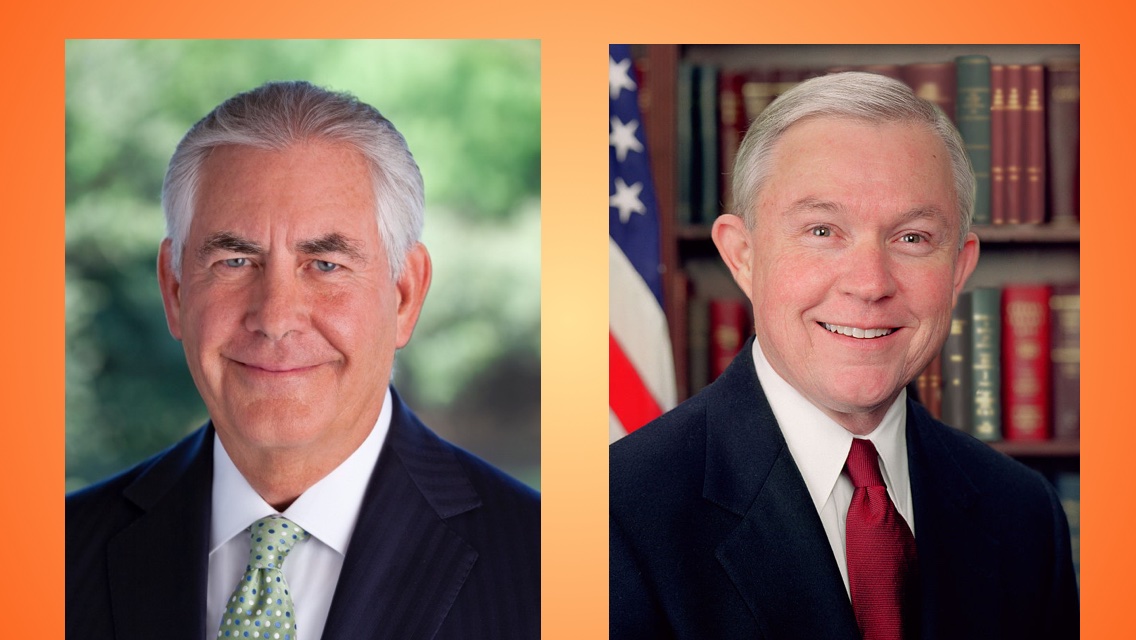Will Progressives’ Expectation of Fascism Be Frustrated?
Trump’s nominees for Secretary of State, Rex Tillerson (Wikimedia Commons / Office of the President-elect),
and for the Attorney General, Jeff Sessions (Wikimedia Commons / U.S. Senate)
American progressives are going nuts! They are apparently expecting Donald J. Trump to be the second coming of either Adolf Hitler or Benito Mussolini. Yet the relatively smooth-sailing for his cabinet nominees in Senate hearings this week strongly suggest their expectations will yet again be cruelly disappointed.
What Progressives Expect From Trump
Reading some of the reactions of progressives to Donald Trump’s election certainly gives the impression a very large fraction of progressives expect the American republic to go the way of the Weimar republic. To be fair, that is exactly what many American neoliberals (also known by the misnomer of conservative) would expect from continued and extended rule by progressives. They can not both be right, can they?
A representative progressive estimation of Trump is provided by Michael Kinsley on the Washington Post website in a post entitled Donald Trump is actually a fascist. In a few obligatory sentences at the beginning, Mr. Kinsley noted accusing someone of being a fascist or a Nazi is done all too often, merely because the accuser does not like the beliefs of the accused. However, he quickly follows that statement with
But I mean “fascist” in the more clinical sense. … But now that we’ve seen a bit of him in action, it seems that Trump actually does have a recognizable agenda that explains how he simultaneously can pander to big business generally while “strong-arming” (the words of a Post editorial Friday) an air conditioning manufacturer to save a few hundred jobs for a while. Or how he can make nice with the authoritarian Vladimir Putin while making bellicose foreign policy noises in general. Or how he can blithely upset with a phone call the absurdly delicate balance of our relations with China and Taiwan. All this seemingly erratic behavior can be explained — if not justified — by thinking of Trump as a fascist. Not in the sense of an all-purpose bad guy, but in the sense of somebody who sincerely believes that the toxic combination of strong government and strong corporations should run the nation and the world.
If Trump fits the description of the last sentence, Mr. Kinsley would indeed have grounds for believing Trump to be an honest-to-goodness fascist. Fascism is a form of socialism in which businesses are formally owned by individuals in the private sector, but which are totally controlled by the state through regulations and laws. In such situations, businessmen and corporate officers become mere functionaries of the government. In fact, Trump stands accused of being buddies with Russian strongman Vladimir Putin. If the Russian Federation is not a fascist state, then the phrase has absolutely no meaning. If Trump admires the fascist leader of Russia, then he must have fascist tendencies himself, right?
There is a great deal that is wrong with Kinsley’s analysis, starting with how much Trump wants to increase government control over businesses. In fact, in this respect progressive politicians are much more fascist than Trump and his minions. An extremely important part of Trump’s economic program is a severe pruning of economic regulations to reduce government’s control over companies. At the same time he wants to chop top business taxes more than half from 35 percent to 15 percent. Trump is a very incompetent Führer indeed if he actually reduces government control over companies!
Then there is the question of just how buddy-buddy Trump might be with Putin, and the degree to which Trump admires him. CNN records a long list of Trump quotes showing how much he admires Putin. In a December 17, 2015 quote, CNN reports Trump saying,
“It is always a great honor to be so nicely complimented by a man so highly respected within his own country and beyond,” Trump said in a statement. “I have always felt that Russia and the United States should be able to work well with each other towards defeating terrorism and restoring world peace, not to mention trade and all of the other benefits derived from mutual respect.”
Then, on a quote from July 28, 2016, CNN wrote,
Indications from the Senate Nomination Hearings
Despite all the Democratic promises of resistance to Trump’s nominees, Trump’s candidates have had a very good week on Capitol Hill. Democratic senators particularly had their sights trained on Rex Tillerson, nominee for Secretary of State, and Sen Jeff Sessions (R-AL) for Attorney General. Given Trump’s reputation for being an admirer of Vladimir Putin, and given Tillerson’s friendly acquaintance with the Russian dictator, many thought Tillerson would resist any hostility to Russia’s imperial ambitions.
The Democratic Ranking Member of the Senate Foreign Relations Committee, Sen. Ben Cardin (D-MD), expressed this concern in his opening statement.
Perhaps the most egregious events we have seen recently has been what has happened by President Putin of Russia, having effectively killed the nation’s nuanced democracy, has led efforts across Europe and the former Soviet Union to erode support for democratic institutions, and calls into question well established rules of the road. Moscow directs efforts to undermine democracy through propaganda, false news, cyber attacks, and funding for populist political parties abroad. So perhaps it should come as no surprise that these nefarious activities have reached our shores, but it ‘s stunning nonetheless. Last week the intelligence community found that Mr. Putin did indeed direct efforts to interfere in our elections.
The rich irony of Democrats expressing hostility toward Russia, given Obama’s strenuous efforts to minimize the perception of Russian threats throughout his administration and his hollowing out of U.S. armed forces, is itself rather amazing. Sen. Cardin went on to express disappointment Tillerson had not mentioned Russian culpability in hacking the Democratic National Committee’s and Hillary Clinton’s computers in his prepared statement, nor had Tillerson advocated sanctions. The senator also expressed concern about Tillerson’s relationship to Putin, as well as concern for Trump’s ignoring of Russian misdeeds. Cardin worried that Trump “may take quick steps to make Putin a close ally of the United States of America.”
Tillerson responded by recognizing the adversarial behavior of both Russia and China, and noting the deadly threat posed by radical Islam. Confronted by such increased threats, Tillerson stated the U.S. should assert moral, economic, and military leadership to oppose the threats. Throughout his lengthy hearing, Mr. Tillerson was calm, serious, and unflappable. None of his interrogators laid a glove on him, although Sen. Marco Rubio (R-FL) probably came closest. Rubio asked if Russian military atrocities in Syria qualified Vladimir Putin as a war criminal. Tillerson’s response was that “I would not use that term.” However, it was also clear from his testimony that the U.S. should oppose Russian expansion through military support of Russia’s targets, such as providing lethal and effective weapons to Ukraine. This is something which Obama always refused to do. Tillerson’s demurral in labeling Putin a war criminal was due, he said, to requiring more proof in light of the seriousness of the charges. Tillerson stated that the hostile states of concern were Russia, China, and Iran, as well as ISIS.
There were a number of other nominees, who would be on Trump’s security team, who also diverged significantly from Trump’s campaign positions. For example, retired Marine Corps General James Mattis, nominated for Secretary of Defense, declared Russia was a principal threat to the U.S. He testified that
I’m all for engagement, but we also have to recognize reality and what Russia is up to. There are a decreasing number of areas where we can engage cooperatively and an increasing number of areas in which we will have to confront Russia.
When asked about the differences between his testimony and the Trump campaign positions, Gen. Mattis said,
You need different ideas to be strongly argued. You don’t want the tyranny of consensus.
Another important divergence from Trump is that Mattis thought the U.S. should not tear up the Iran nuclear agreement as Trump wanted. Although he said it was an imperfect arms-control agreement, he thought “when America gave her word, we have to live up to it and work with our allies.” Of course, that agreement is not a U.S. treaty (Obama knew he could not get the Senate’s advice and consent, and never submitted the agreement for ratification), and Trump would have every right to renounce it.
Then there was Rep. Mike Pompeo (R-KA), Trump’s pick for the Central Intelligence Agency Director. Despite Trump’s campaign position that water boarding should be brought back as an interrogation technique for radical Islamic prisoners, Pompeo said he would “absolutely not” use water boarding, even if ordered. In addition he said, “Moreover, I can’t imagine that I would be asked that by the president-elect or, then, president.” Pompeo also was much more hawkish in his views about Russia than Trump. He listed both Russia and China as “sophisticated adversaries” in cyber warfare. He also noted that Russia has “reasserted itself aggressively, invading and occupying Ukraine, threatening Europe, and doing nothing to aid in the destruction and defeat of ISIS.” Besides Russia and China, Pompeo noted that both Iran and ISIS were significant threats to the U.S.
One of the more important nominations because of Obama’s politicization of the Justice Department was Jeff Sessions to be Attorney General. American citizens must be assured that the Justice Department will treat all as equal before the law, with absolutely none given special treatment. In addition the department must never be used as a tool against the president’s political opponents. At his nomination hearing with the Senate Judiciary Committee, the Democratic guns were definitely out of their holsters to target Sessions. Having been accused of racism in the past, accusations that have long since been refuted, Sessions addressed the accusations in his opening statement. Despite being pressed by Democrats on uncomfortable subjects to trip him up, Sessions maintained his calm and escaped harm. One promise he did make was to recuse himself from all investigations involving Hillary Clinton. He also pledged to enforce all U.S. laws with which he does not necessarily agree, such as those on abortion, and same-sex marriage.
I do not think there has ever been so many nominees by a president-elect who have so publicly disagreed with their president on some very basic security positions. What is going on? When asked about this, Donald Trump replied,
We want them to be themselves. I told them, “Be yourself, and say what you want to say, don’t worry about me. I’m going to do the right thing, whatever it is. I may be right, they may be right. But I said, “Be yourself.” I could have said “Do this, say that”, I don’t want that, I want them all to be themselves.
Just What Does Trump Believe Anyway?
Any President who tolerated such fundamental disagreements with his cabinet would seem to be unlikely to possess a fascist, authoritarian personality. That observation however does not explain why he would chose all these people who disagree with him so much. Why would he do it?
When I first contemplated with horror the thought that Trump might become president and wrote the post The Anguish of a Conservative Voter, I thought that Trump like other candidates pretty much knew his own mind and had fairly set views about all the issues. That mind-set of mine, together with some of the completely outrageous statements he made, made me think Republicans might be nominating Attila the Hun. Even worse, when I dug into the record, most of his past statements appeared to be those of a fairly ordinary progressive, not those of a conservative at all.
What then were the possibilities? One clear possibility was he was just pandering to the Republican base, and if elected he could perform a big “bait-and-switch.” However, as time progressed, the many instances when Trump had to walk back position statements suggested a different possibility. He seemed to have a great lack of knowledge about many things, particularly about some very basic economics, as well as about the purposes of Russia and Vladimir Putin. With some appalling statements, Trump seemed to be saying the first thing that came to his mind, which on further consideration he would have to withdraw later.
Could it be many of us have mistaken the nature of this man? Could it be he is trying to fill his lack of knowledge by listening to his cabinet picks and his advisors? Perhaps given the opinions of those he finally chose for his cabinet, he is reconsidering some of his more ill considered campaign positions.
Views: 1,443
























